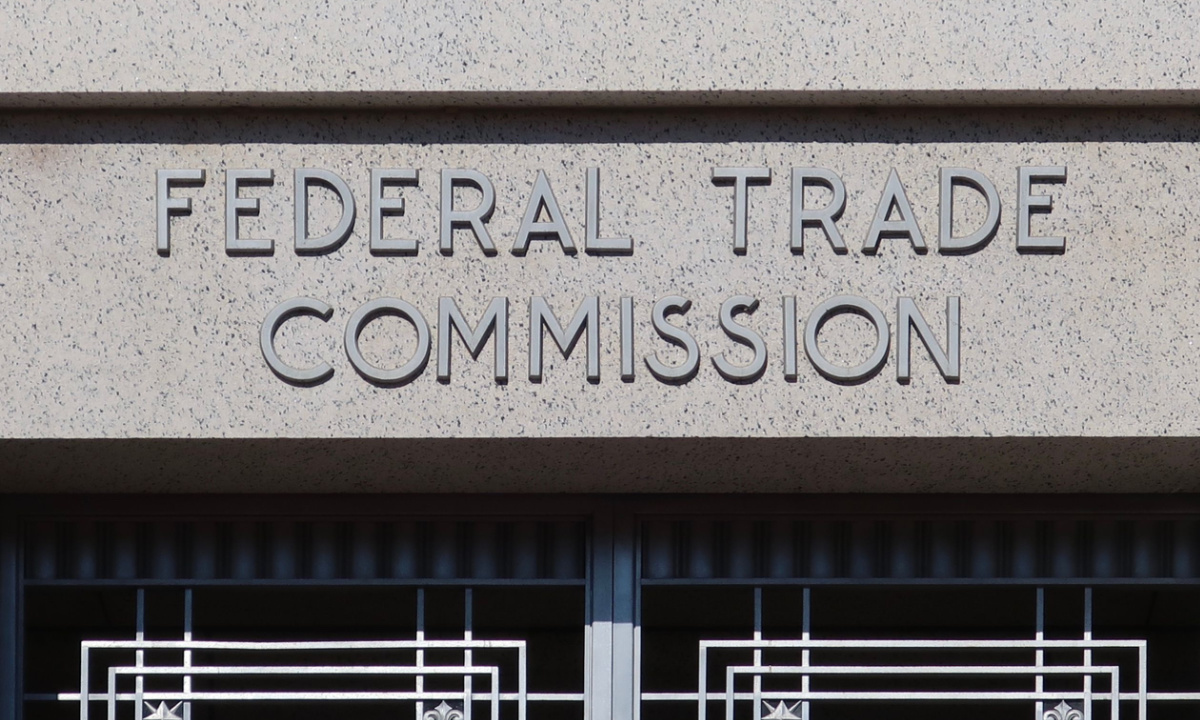
Two U.S. senators are urging the Federal Trade Commission (FTC) to launch a new investigation into the co-manufacturing agreements of pharmacy benefit managers (PBMs) and their parent companies. These agreements, which involve collaborations between PBMs and drugmakers, have raised concerns over potential conflicts of interest and harm to consumers, according to a letter sent to the FTC by Senators Sherrod Brown (D-Ohio) and Ron Wyden (D-Oregon).
The PBMs, CVS Caremark and Express Scripts, play a central role in managing prescription drug benefits for millions of Americans. Traditionally, PBMs claim that their large scale allows them to negotiate lower prices with drug manufacturers, ultimately benefiting consumers. However, as noted by Pennsylvania Capital, Brown and Wyden allege that these companies are now entering co-manufacturing agreements with drugmakers—potentially undermining their role as neutral negotiators in the drug pricing process.
“The concern with these co-manufacturing agreements is that they are a veiled attempt by PBMs to control additional parts of the supply chain,” the senators wrote in their letter. The result, they argue, is fewer drug choices for patients and higher costs, per Pennsylvania Capital. CVS, however, disputes this claim, stating that their agreements have saved clients $500 million on immunosuppressive drugs like Humira.
The health care conglomerates behind CVS Caremark and Express Scripts already maintain substantial influence over the industry. Both companies control extensive networks of pharmacies and mail-order services and decide how much to reimburse pharmacies for the drugs they dispense. Critics say this dual role, particularly in controlling reimbursement for their own retail and mail-order pharmacies, creates an inherent conflict of interest.
The FTC has already filed a lawsuit against the PBMs over their role in driving up insulin prices since 2012. Additionally, the agency is conducting a broad investigation into PBM practices. In a July interim report, the FTC suggested that the PBMs may be artificially inflating drug prices and causing harm to patients, according to Pennsylvania Capital.
Read more: CVS and UnitedHealth Demand FTC Chair Recuse Herself from Insulin Price Suit
In their latest request, Senators Brown and Wyden are calling on the FTC to open a separate investigation into CVS Caremark and Express Scripts’ co-manufacturing agreements under the FTC’s “6(b)” authority, the same investigative power used in the broader probe. The senators argue that the agreements with drugmakers making versions of adalimumab, a drug used to treat arthritis, give PBMs undue control over the drug supply chain. The drug is sold under the brand names Humira and Hyrimoz.
The senators’ letter also pointed to a graphic from a CVS earnings call, highlighting the extensive vertical integration of CVS Health. The graphic, in the shape of a heart, shows how a patient with Aetna insurance (also owned by CVS) can use CVS Caremark as a PBM, receive adalimumab through a CVS co-manufacturing agreement, get primary care at Oak Street Health, and fill prescriptions at a CVS pharmacy—demonstrating the company’s far-reaching control of the patient experience.
“This graphic clearly shows the benefits that CVS and its shareholders reap by capturing patients and directing them through the vertically integrated array of CVS subsidiaries,” the senators wrote, expressing concerns over the growing consolidation of power in the hands of these health conglomerates.
The FTC has yet to respond to the senators’ request for a new investigation. However, given the ongoing scrutiny of PBMs and their practices, this latest push could further intensify the regulatory spotlight on the industry.
Source: Pennsylvania Capital
Featured News
Big Tech Braces for Potential Changes Under a Second Trump Presidency
Nov 6, 2024 by
CPI
Trump’s Potential Shift in US Antitrust Policy Raises Questions for Big Tech and Mergers
Nov 6, 2024 by
CPI
EU Set to Fine Apple in First Major Enforcement of Digital Markets Act
Nov 5, 2024 by
CPI
Six Indicted in Federal Bid-Rigging Schemes Involving Government IT Contracts
Nov 5, 2024 by
CPI
Ireland Secures First €3 Billion Apple Tax Payment, Boosting Exchequer Funds
Nov 5, 2024 by
CPI
Antitrust Mix by CPI
Antitrust Chronicle® – Remedies Revisited
Oct 30, 2024 by
CPI
Fixing the Fix: Updating Policy on Merger Remedies
Oct 30, 2024 by
CPI
Methodology Matters: The 2017 FTC Remedies Study
Oct 30, 2024 by
CPI
U.S. v. AT&T: Five Lessons for Vertical Merger Enforcement
Oct 30, 2024 by
CPI
The Search for Antitrust Remedies in Tech Leads Beyond Antitrust
Oct 30, 2024 by
CPI